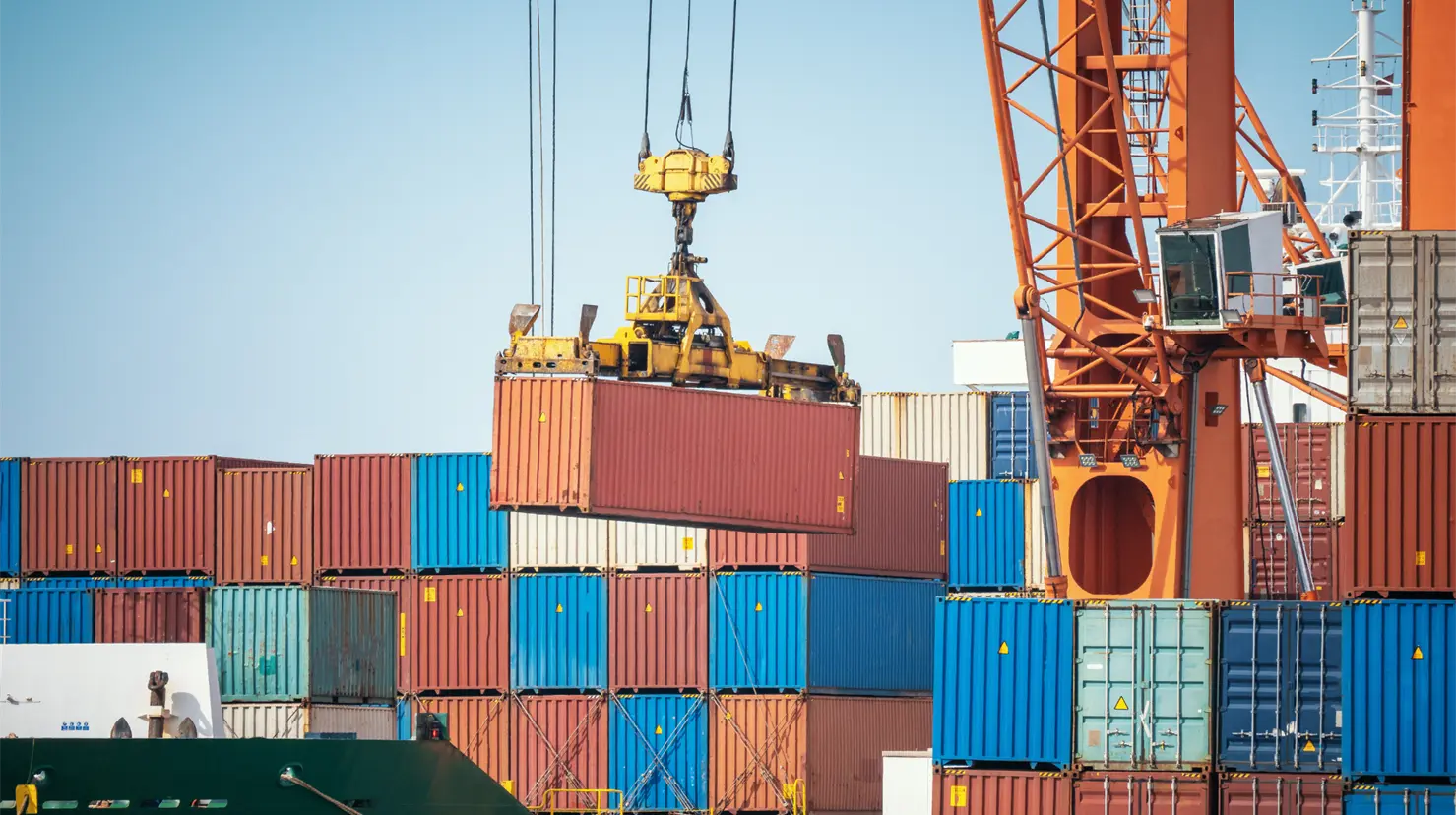Mexico City, Mexico — The Chamber of Deputies has approved in general terms the new Customs Law, an initiative presented by President Claudia Sheinbaum on September 9. The central purpose of the law is to combat tax evasion, modernize customs management, and strengthen tax revenue collection.
Mexico is one of the most open economies in the world: foreign trade represents 67 percent of the Gross Domestic Product (GDP), with exports valued at 617.1 billion dollars and imports valued at 625.312 billion dollars. Consequently, customs control is key to ensuring that every good entering or leaving the country complies with the law.
What Are the New Obligations for Customs Agents and Companies?
The reform imposes new requirements for those operating in foreign trade.
- Customs agents will be required to submit a patrimonial report every year, keep their professional certification updated every three years, and guarantee the integrity of the documentation for each operation.
- Importing and exporting companies will have to maintain permanent inventory control, prove compliance with regulations, and collaborate with customs authorities in providing information.
Furthermore, banks that handle customs accounts will be required to issue monthly declarations with the data and amounts transferred by their users, reinforcing transparency.
The law toughens fines; those who introduce prohibited merchandise or fail to comply with regulations can be sanctioned with fines of up to 300 percent of the commercial value of the products. Additionally, the exclusion of responsibility is eliminated, meaning that both the importer and the customs agent will be jointly and severally liable for infractions.
How Will It Impact E-Commerce?
One of the most relevant points is the regulation of e-commerce. Shipments from platforms such as Shein, Temu, or Amazon will be subject to higher taxes and customs controls, with the aim of curbing the undervaluation of merchandise and preventing tax evasion.
While this will not necessarily make prices more expensive for the consumer, it seeks to close the gap between digital commerce and formal importers, particularly in sectors affected by unfair competition, such as apparel and footwear.
What Role Will Technology Play in Customs?
The reform contemplates the use of artificial intelligence, biometrics, and real-time monitoring to track merchandise, in addition to the mandatory use of the digital tax receipt (CFDI) in transportation and transfer.
According to Javier Cendejas of the Mexican Business Council for Foreign Trade (COMCE), these tools will allow for greater traceability and could reduce corruption if applied transparently.
For its part, the Mexican Association of Freight Forwarders (Amacarga) acknowledged the advances in control and transparency, though it warned that the implementation could generate overcosts and delays that affect the competitiveness of SMEs.
With this reform, the federal government seeks to block the path to smuggling, improve revenue collection, and strengthen national security by preventing the entry of counterfeit or illegal products such as toys, textiles, or footwear.
Discover more from Riviera Maya News & Events
Subscribe to get the latest posts sent to your email.
